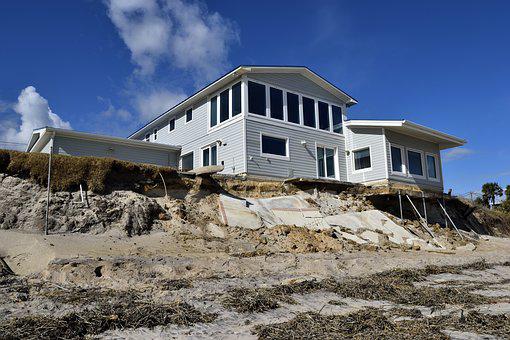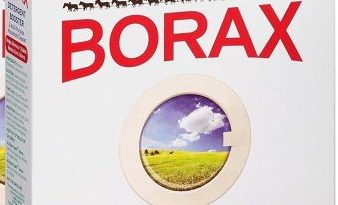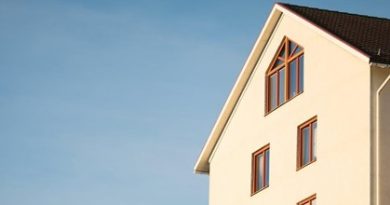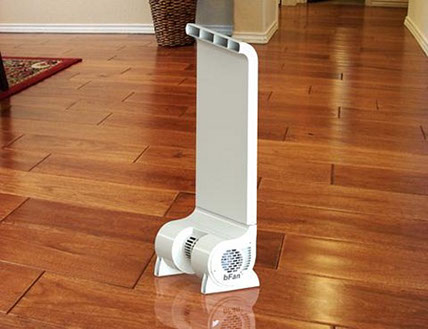Does Homeowners Insurance Cover Water Damage?
Water is a significant cause of property damage, making it one of the most common grounds for homeowners insurance claims. Water damage Daytona beach claims are on the rise compared to other places.
Water damage is sometimes, but not usually, covered by a standard homeowners insurance policy. It depends on the cause: Interior water damage from a burst pipe is covered; however, damage caused by carelessness or lack of maintenance and flood damage is not.
Continue reading to find out everything about homeowners’ insurance in detail.
What Is Covered By Homeowners Insurance?
There’s a simple rule for insurance coverage for your home’s structure: sudden or unintentional damage is probably covered; gradual damage is probably not. External sources of water damage, such as sewer backups or floods, are unlikely to be covered, while damage caused by a burst pipe in your home is almost certainly covered.
Remember that you are unlikely to be covered if the harm is gradual (especially if you might have avoided it).
Here are a few instances of common water damage scenarios.
- Your dishwasher breaks, and a lot of water seeps out. You will most likely cover it because it happened unexpectedly, and you couldn’t have stopped it.
- Your roof may cave in due to snow or rain. You may insure your roof if it has been damaged. However, if the insurance provider discovers prior gradual damage, they will likely deny the water damage.
- Your apartment building’s fire sprinkler system goes off. If a sprinkler destroys a portion of your unit, the insurance firm will most likely reimburse the cost of the repairs.
- A massive storm causes flooding in your neighborhood. Most homeowners’ insurance policies don’t cover flood damage.
What is not covered?
A regular homeowner’s insurance policy doesn’t cover some water-related damages. They are as follows:
Gradual damage
Gradual damage is any harm that occurs over time, mainly due to a lack of regular maintenance of your property’s various systems. In the case of water damage, gradual damage refers to the effects of leaking pipes, seepage from foundation or exterior fractures, etc. A lack of essential plumbing maintenance mainly causes these damages.
Replacing or Repairing Source of Water Damage
Your coverage will not replace or repair the source of water damage, such as a broken pipe in your washing machine or dishwasher. On the other hand, the insurance firm will cover the damage caused by the bursting pipes.
Water Backup From Drain or an Outside Sewer
A basic home insurance policy will not typically cover any damage caused by water backing up from a sewer or drain outside of your home.
How can damage be prevented?
Instead of going through all of the mess and cleaning it up, it’s better to take a few precautions to prevent harm. Here are a few techniques to keep your home safe against water damage.
- Ensure all of your water-using electrical equipment, such as washing machines, dishwashers, water heaters, and ice makers, are in proper working condition without any wear and tear.
- Don’t crimp the water hose when moving washing machines and dishwashers since this could cause issues later.
- To avoid sediment build-up, drain water heaters every six months.
- Make it a point to inspect and replace the water shut-off valve regularly.
If your claim is refused, inquire about the grounds for the denial. You can also study your house insurance policy wordings to learn about the policy’s exceptions and specifics and seek further clarification from an insurance professional.
Final thoughts
Now that you know when your homeowners’ insurance covers water damage, you must inform your insurer quickly if you see water damage in your home. The best way to avoid water damage is to ask yourself if you might have avoided the damage reasonably. If there’s a chance you did, your claim will most likely be denied by your home’s insurance.




